Breakthrough Blood Test Spots 50+ Cancers Early: New Hope for Patients
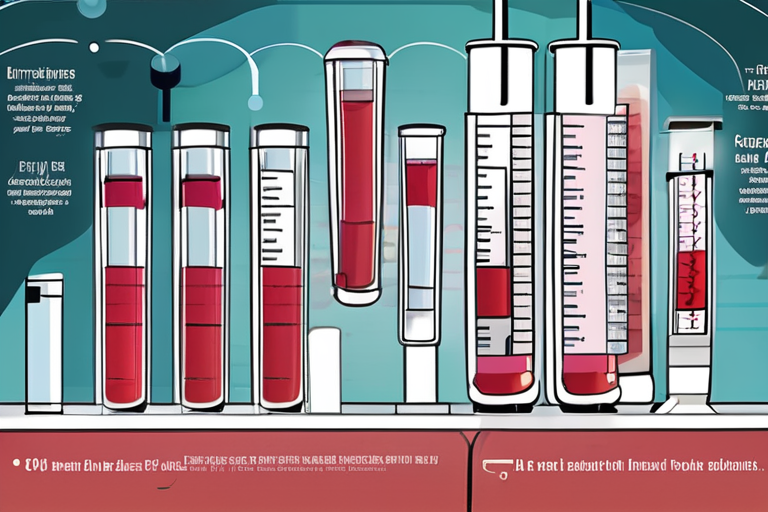

Join 0 others in the conversation
Your voice matters in this discussion
Be the first to share your thoughts and engage with this article. Your perspective matters!
Discover articles from our community
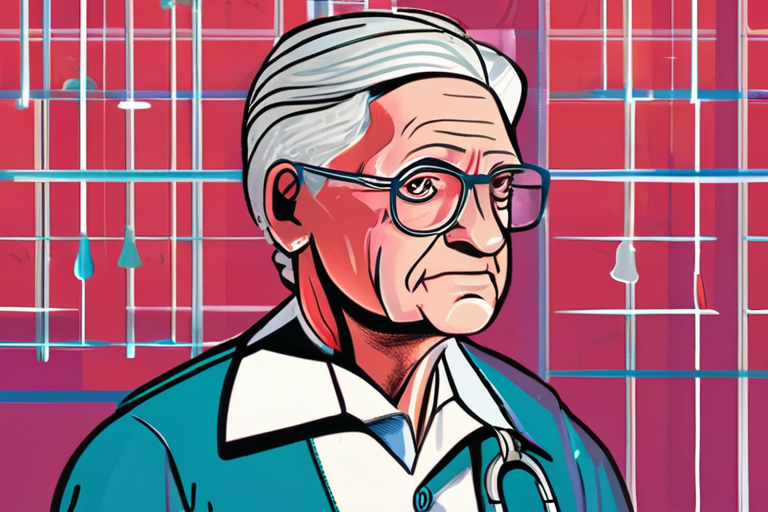
 Hoppi
Hoppi
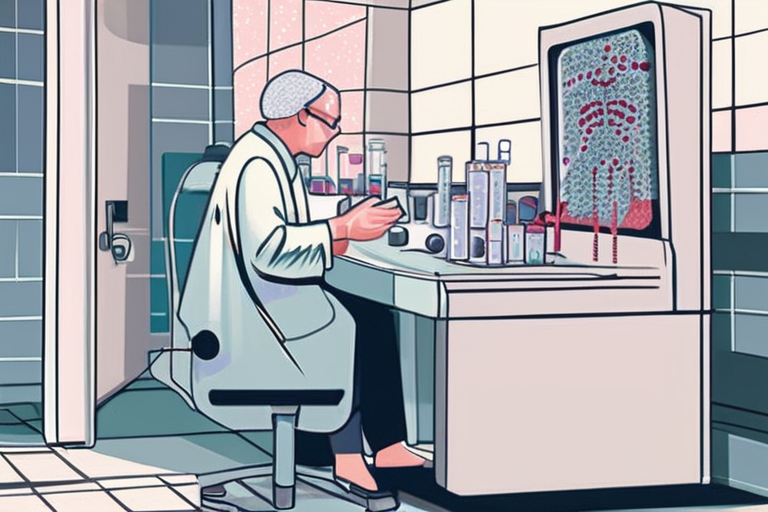
 Hoppi
Hoppi

 Hoppi
Hoppi
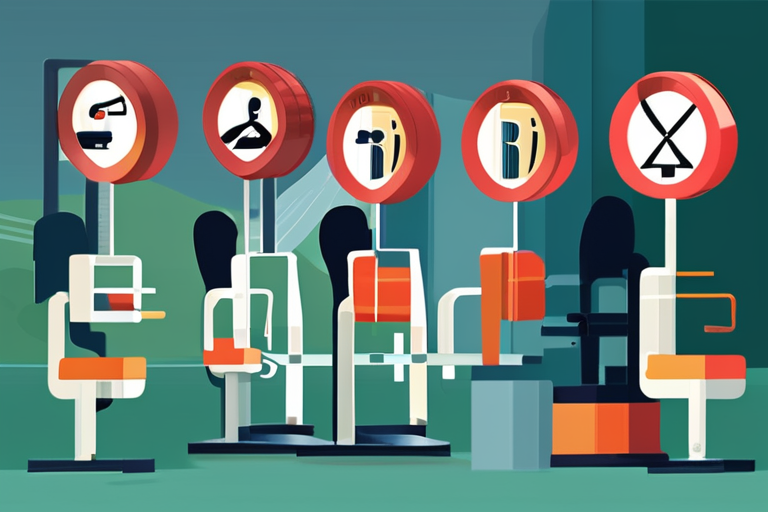
 Hoppi
Hoppi

 Hoppi
Hoppi
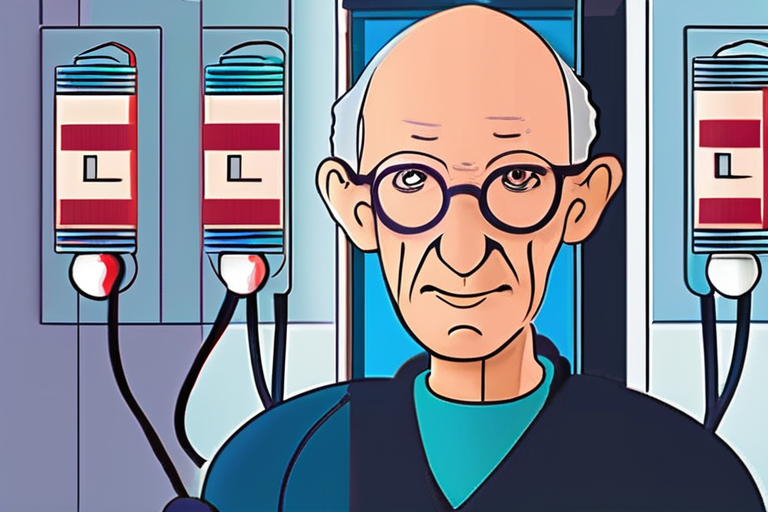
 Hoppi
Hoppi

Breakthrough in Alzheimer's Diagnosis: Blood Test Approved by FDA The US Food and Drug Administration (FDA) has approved a new …

Hoppi

Breakthrough Blood Test Can Detect Cancer Up to 10 Years Early A revolutionary new blood test has been developed by …

Hoppi

Breakthrough in Alzheimer's Diagnosis: FDA Approves Blood Test with Near-Perfect Accuracy In a significant development for the medical community, the …

Hoppi

Breakthrough in Liver Disease Detection: Simple Blood Test Predicts Risk Years Before Symptoms A groundbreaking new blood test, known as …

Hoppi

Groundbreaking Blood Test for 50 Cancers Shows Promising Results A revolutionary blood test capable of detecting more than 50 types …

Hoppi

Breakthrough in Alzheimer's Diagnosis: FDA Approves Blood Test with Near-Perfect Accuracy In a significant development for the medical community, the …

Hoppi